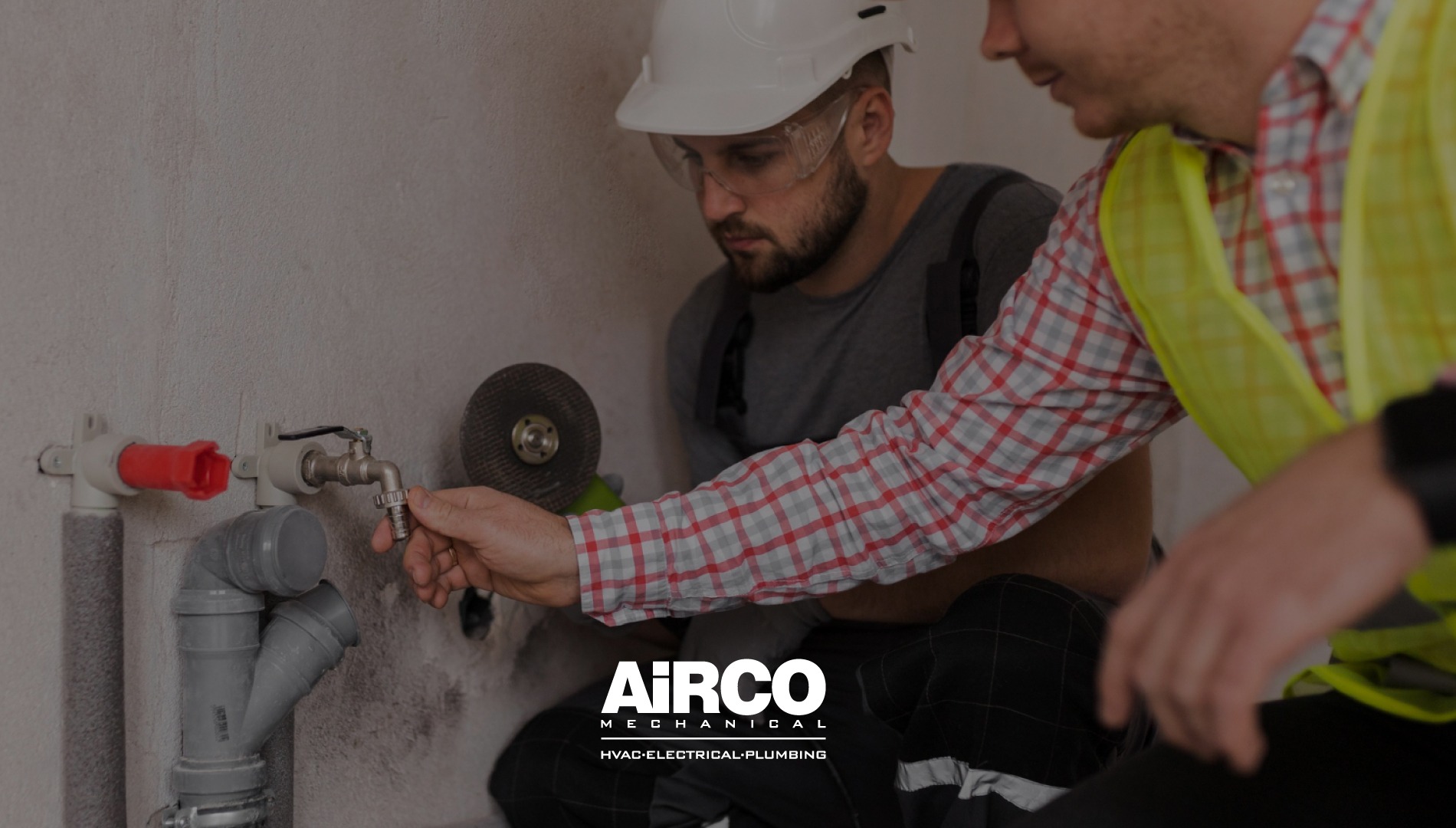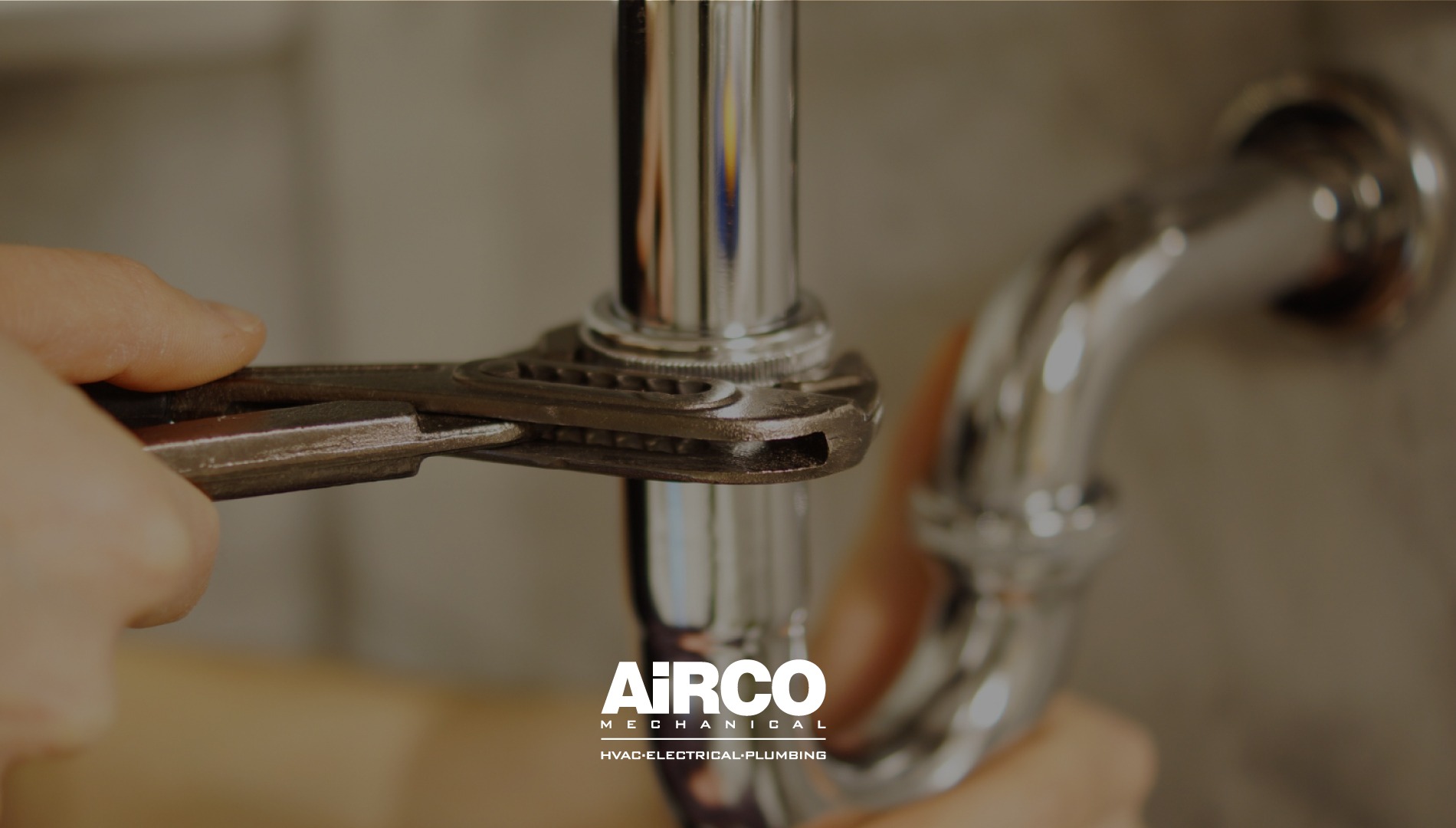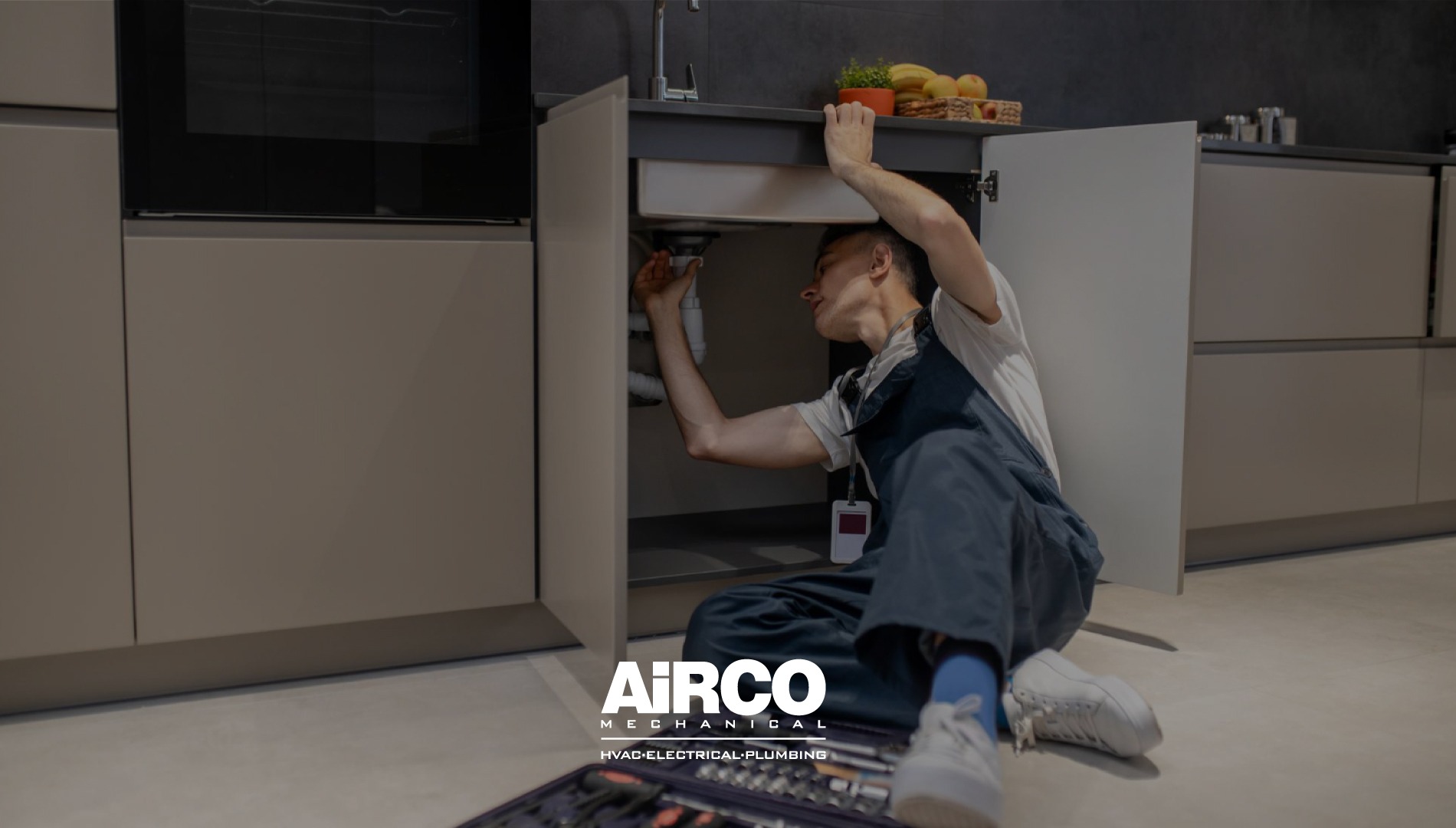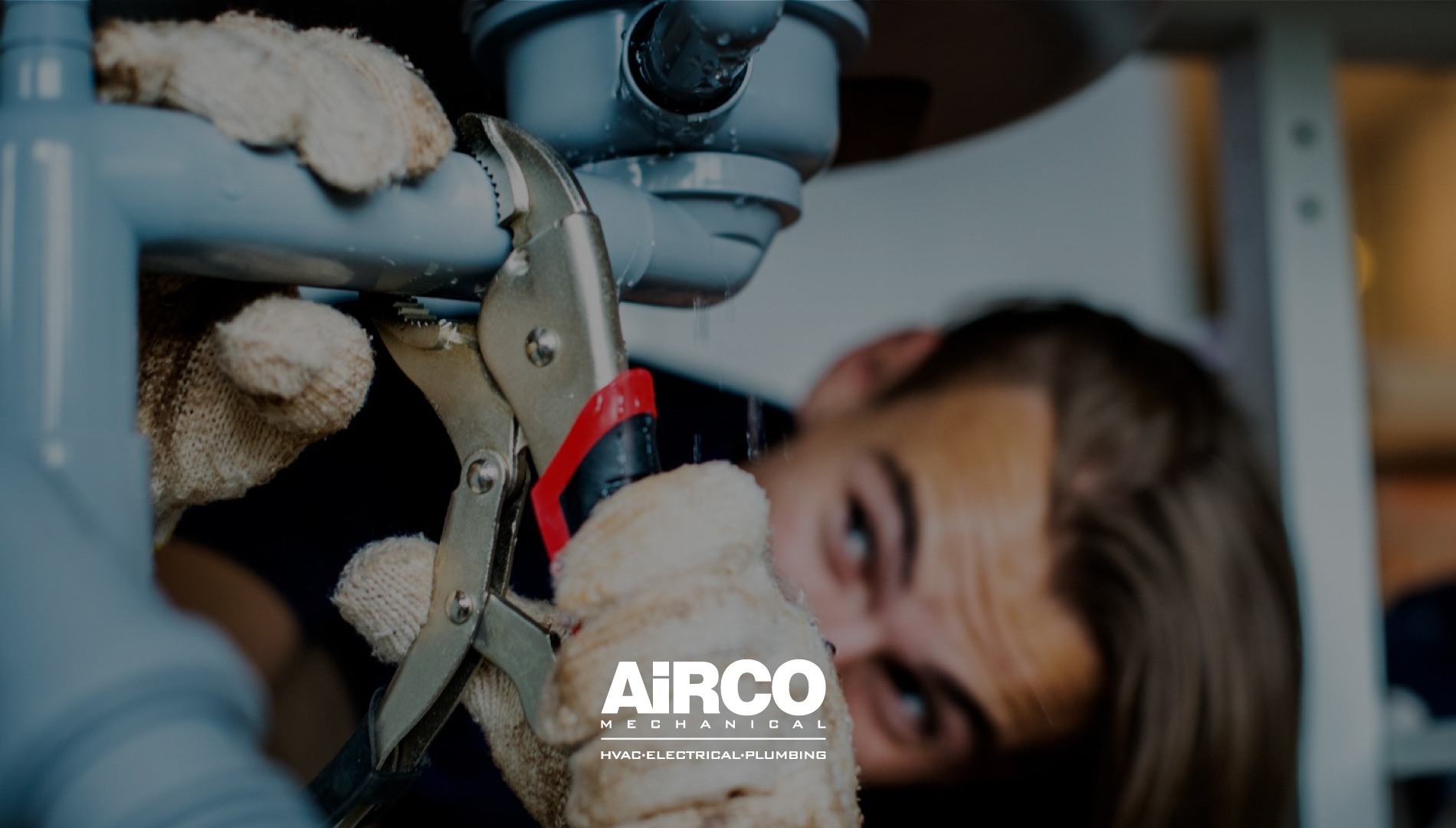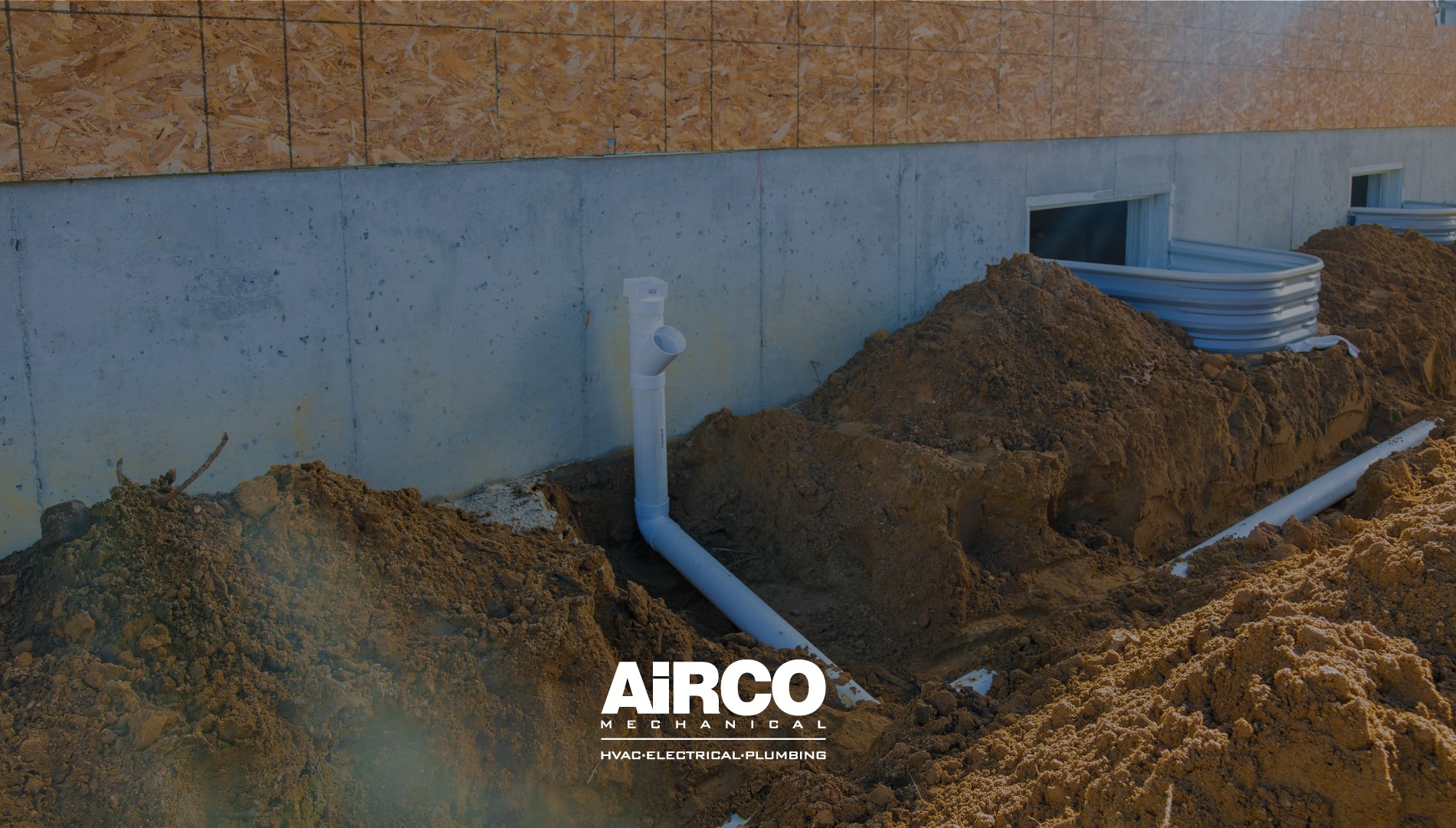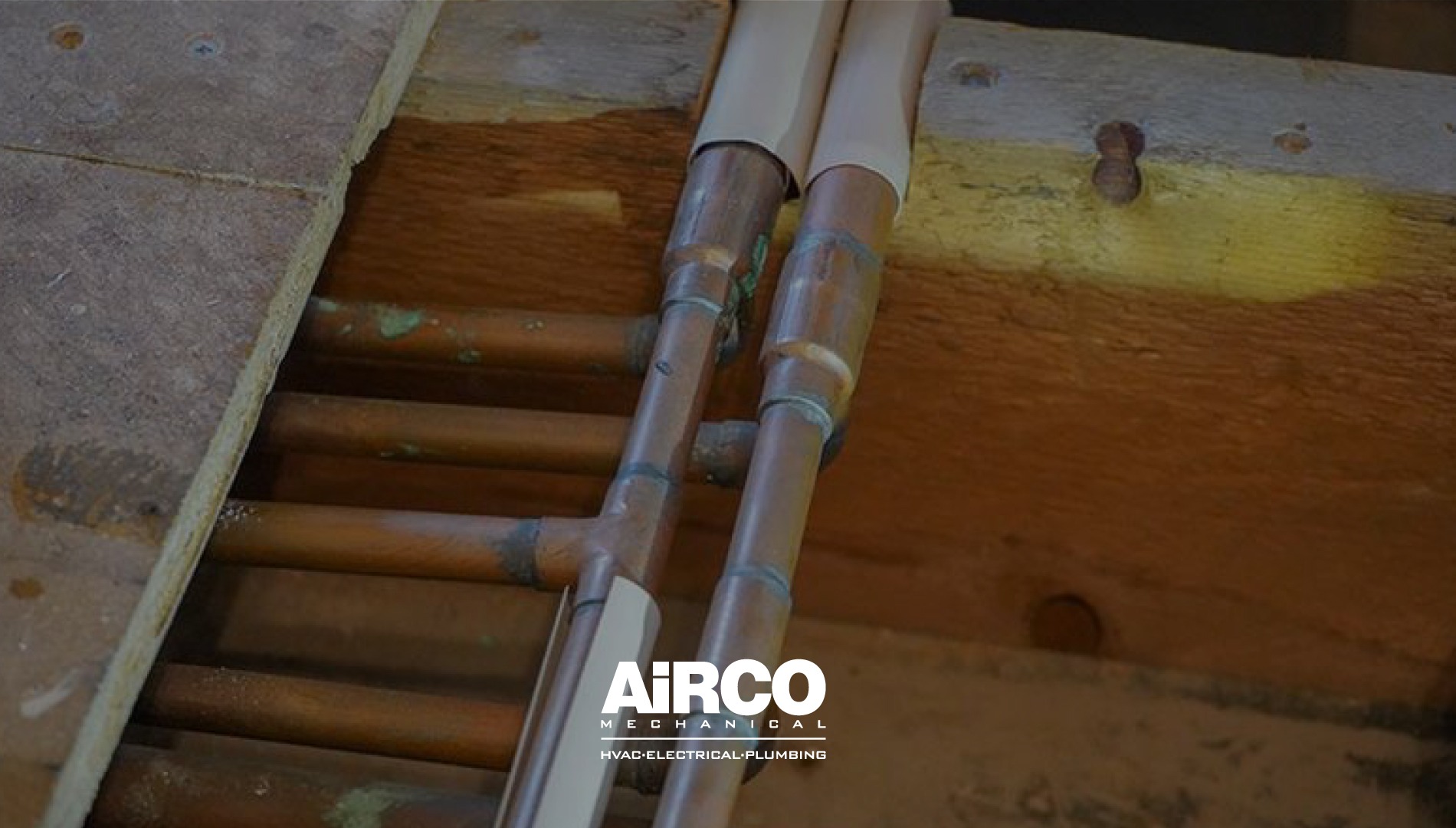Your HVAC (Heating, Ventilation, and Air Conditioning) system relies on various components to function efficiently, and one of the most critical yet often overlooked parts is the air filter. Regularly replacing your HVAC filter is essential for maintaining optimal system performance, improving indoor air quality, and ensuring energy efficiency. In this blog, we’ll explore the importance of regular HVAC filter replacement, how often you should replace your filter, and the consequences of neglecting this simple maintenance task.
1. Improved Indoor Air Quality
One of the primary functions of an HVAC filter is to trap airborne particles such as dust, pollen, pet dander, and other allergens before they circulate throughout your home. Over time, these particles can accumulate in the filter, reducing its effectiveness and allowing contaminants to pass through and recirculate in your indoor air. Regularly replacing the filter ensures that it continues to capture these pollutants, leading to cleaner, healthier air in your home.
This is especially important for households with individuals who suffer from allergies, asthma, or other respiratory conditions. A clean filter can significantly reduce the presence of airborne irritants, providing a more comfortable living environment.
2. Enhanced HVAC System Efficiency
A clogged or dirty air filter can severely impact the efficiency of your HVAC system. When the filter is blocked with debris, it restricts airflow, forcing your system to work harder to circulate air throughout your home. This added strain can lead to increased energy consumption and higher utility bills. By regularly replacing the filter, you allow air to flow freely through the system, reducing the workload on your HVAC unit and improving overall efficiency.
In addition to lowering energy costs, a clean filter helps prevent wear and tear on your system’s components. The harder your system has to work, the more likely it is to experience breakdowns or require repairs. Regular filter replacement can extend the lifespan of your HVAC system by reducing unnecessary strain on its parts.
3. Prevention of System Malfunctions
Neglecting to replace your HVAC filter can lead to various system malfunctions and even complete breakdowns. When the filter is clogged, it can cause the evaporator coils to freeze, leading to cooling issues or a complete loss of air conditioning. In heating systems, restricted airflow can cause the heat exchanger to overheat, potentially leading to cracks or other damage.
In more severe cases, a dirty filter can cause the entire HVAC system to shut down due to a safety mechanism that prevents overheating or freezing. This can result in costly repairs and inconvenient downtime, particularly during extreme weather conditions when you rely on your system the most.
4. Energy Savings
As mentioned earlier, a clean filter allows your HVAC system to operate more efficiently, which translates to energy savings. According to the U.S. Department of Energy, replacing a dirty filter with a clean one can lower your air conditioner’s energy consumption by 5% to 15%. Over time, these savings can add up, making regular filter replacement a cost-effective way to reduce your energy bills.
Moreover, an efficient HVAC system not only saves money but also reduces your carbon footprint. By using less energy, you’re contributing to environmental sustainability and helping to reduce greenhouse gas emissions.
5. How Often Should You Replace Your HVAC Filter?
The frequency with which you should replace your HVAC filter depends on several factors, including the type of filter, your household environment, and how often you use your HVAC system. Here are some general guidelines:
- Basic Fiberglass Filters: These filters are inexpensive and typically need to be replaced every 30 days. They offer basic protection against large particles but are not as effective at trapping smaller pollutants.
- Pleated Filters: These filters have a larger surface area and can trap smaller particles. Depending on usage, they should be replaced every 60 to 90 days.
- High-Efficiency Particulate Air (HEPA) Filters: HEPA filters are designed to capture very small particles and are ideal for households with allergies or respiratory conditions. They generally need to be replaced every 6 to 12 months, depending on the manufacturer’s recommendations.
- Household Factors: If you have pets, smokers, or live in an area with high levels of dust or pollution, you may need to replace your filter more frequently. Additionally, during peak usage seasons (summer and winter), it’s a good idea to check your filter monthly.
It’s essential to follow the manufacturer’s guidelines and consider your specific household needs when determining how often to replace your HVAC filter.
6. Signs That Your Filter Needs Replacement
While following a regular replacement schedule is important, it’s also essential to be aware of signs that your filter may need to be changed sooner than expected. Here are a few indicators:
- Visible Dirt and Debris: If your filter appears visibly dirty or clogged with dust, it’s time to replace it, even if it hasn’t reached the end of its typical lifespan.
- Increased Allergy Symptoms: If you or your family members are experiencing more frequent allergy symptoms, it could be a sign that your filter is no longer effectively trapping allergens.
- Reduced Airflow: If you notice weaker airflow coming from your vents, it could be due to a clogged filter restricting the system’s ability to circulate air.
- Higher Energy Bills: A sudden increase in your energy bills without a corresponding change in usage may indicate that your HVAC system is working harder due to a dirty filter
Conclusion
Regular HVAC filter replacement is a simple yet crucial aspect of maintaining your system’s efficiency, ensuring good indoor air quality, and preventing costly repairs. By staying on top of this maintenance task, you can enjoy a more comfortable home, lower energy bills, and a longer-lasting HVAC system. Make it a habit to check your filter regularly and replace it as needed to keep your HVAC system running smoothly year-round.

